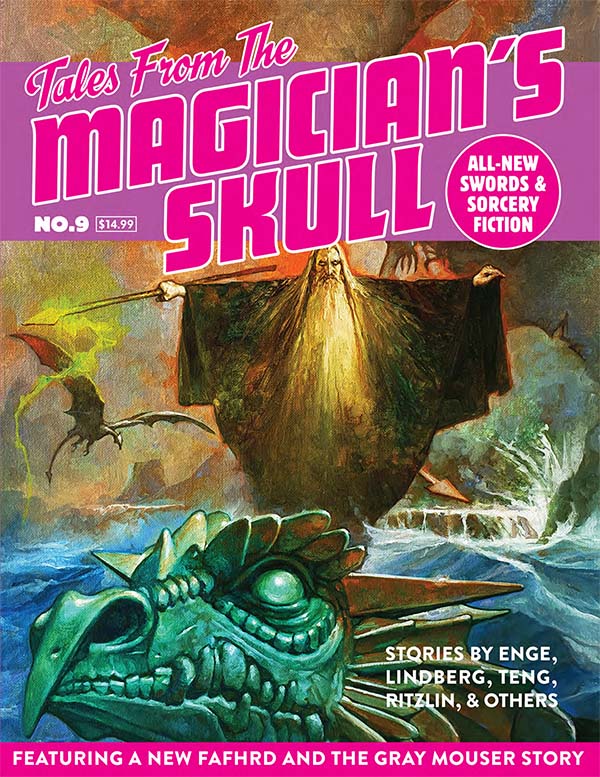I doubt that many living horses have been replaced by automobiles. It is true that Her Late Majesty Queen Elizabeth II had long since, through age, given up riding a horse at the annual Trooping the Colour parade, but to the best of my recollection she had continued to use horse-drawn carriages for other ceremonial occasions in London.
Horses are just better at pageantry than motor vehicles, and tedious parades of mechanical weaponry are really best left to unimaginative foreign dictators who like that sort of thing, and to their oppressed subjects who seem to appreciate it..
Until well into the twentieth century the horse was integral to society. Specialised breeds of horses could do everything from pulling logs out of barely-accessible forestry plantations to carrying elegant ladies side-saddle on fashionable excursions down Rotten Row. Cavalry horses, well used, would regularly turn the tide of land battles, while draught horses transported everything, everywhere, including providing the source of power for canal barges during the Industrial Revolution. Plough horses were vital to agriculture; race horses provided a principal source of entertainment that enthralled everyone from dukes to dockers.
I once tried to illustrate some of the varieties of equestrian leisure in a cartoon:
But it is a mistake to conceive of a horse as having an extensive capacity for abstract thought. His world revolves around the food, stabling, exercise, care and attention that he receives from his owners or grooms. He has no trouble communicating his likes and dislikes in respect of that treatment. He knows whether he is treated well or neglected. He knows his rank in the domestic herd: he does not know how important his ancestors were to our ancestors. He knows if he is good at what he does, and he may well appreciate praise for a top class performance, but he does not know that the role of the horse in society has changed, is changing, and will continue to change.
So, while it may or may not be true that in a specific employment a machine might be more economical, to my mind, people who think that horses can always be replaced must be people who have never worked with horses.
And the reason a horse needs a long face should be obvious. This is Buster. He is not sad.

